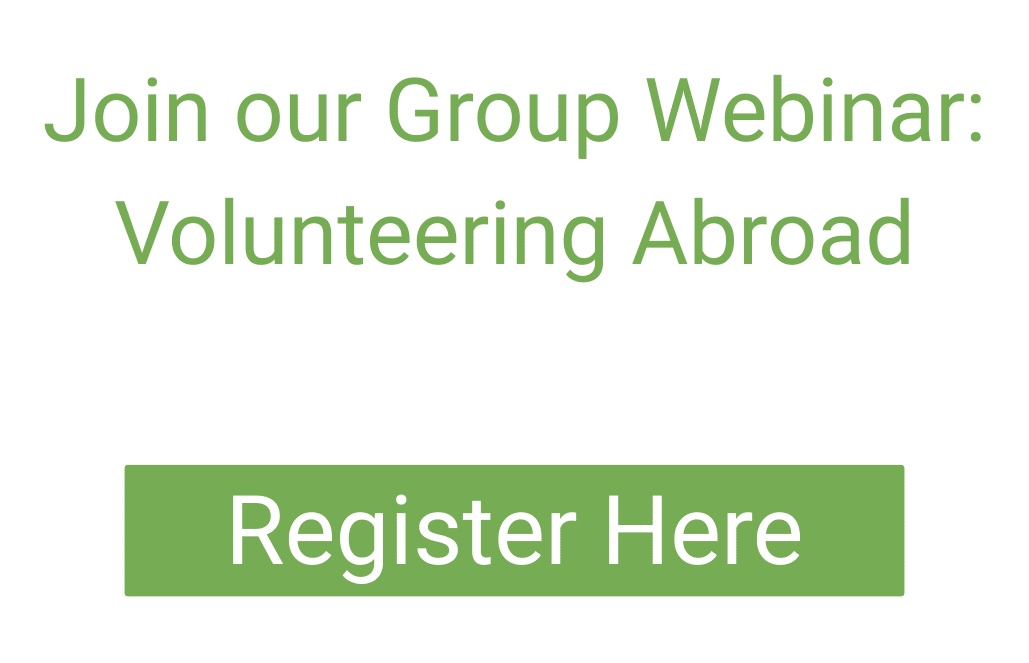It was a great experience volunteering in South Africa with kids from the townships and settlements of Cape Town. In the mornings I got assigned to the baby room at “Sarah’s Crêche” (they call the kindergarten Crêches), but every day was different.
In the afternoons I had signed up for Teach Children and Surf project, which means we would teach children how to swim and surf. I loved being outside and in the water with the kids and seeing their excitement when they catch their first wave. This project serves the purpose of keeping the children after school off the streets and getting involved in crime. It also gives them a great deal of self confidence and hopefully a positive attitude towards life.
All in all, the kids were the sweetest ever, turning from little hugging angels to screaming devils to attention wanting little helpless human beings. Working with these less fortunate kids has been great in many ways. They are happy that they have a safe place to go to every day where they can forget for a few hours their daily struggles, from hunger to abuse. It’s pure joy if you see them smile and laugh and that is what makes this volunteering experience worth every minute.
One Saturday the manager of this project, Nikki, had her birthday at the Teach Children and Surf in Cape Town project. Instead of celebrating it herself she threw a party for the kids with games, jump house, scooters, facepaint, birthday cake, hot dogs etc…She dedicated her birthday to the kids because she thinks that every child deserves a birthday party, but she can’t throw one for each child so her birthday is the celebration of all the kids birthdays together – what a great, inspiring idea! The kids had a blast and so did we.
I also learned what kind of challenges the volunteer organisations encounter. One example is that if the child doesn’t have a birth certificate you can’t enroll it into school. This problem often occurs with foster kids or orphans. Only the birth parents can obtain a birth certificate for the child. It’s a “Catch 22” and they say that it is easier to obtain papers for a refugee kid than for those native orphans. The only way those children can receive education is to homeschooling them but usually that is beyond any foster parents means or those of the orphanages.
The future for these children is not very bright and the chances of them getting out of this cycle is very slim. How will they be able to get a job if they are completely illiterate? I have to admit that this project has been a little bit out of my comfort zone because I am not a teacher and not used to dealing with so many kids at the same time…but I like the feeling of mastering new challenges and I feel that it added value to my life.









